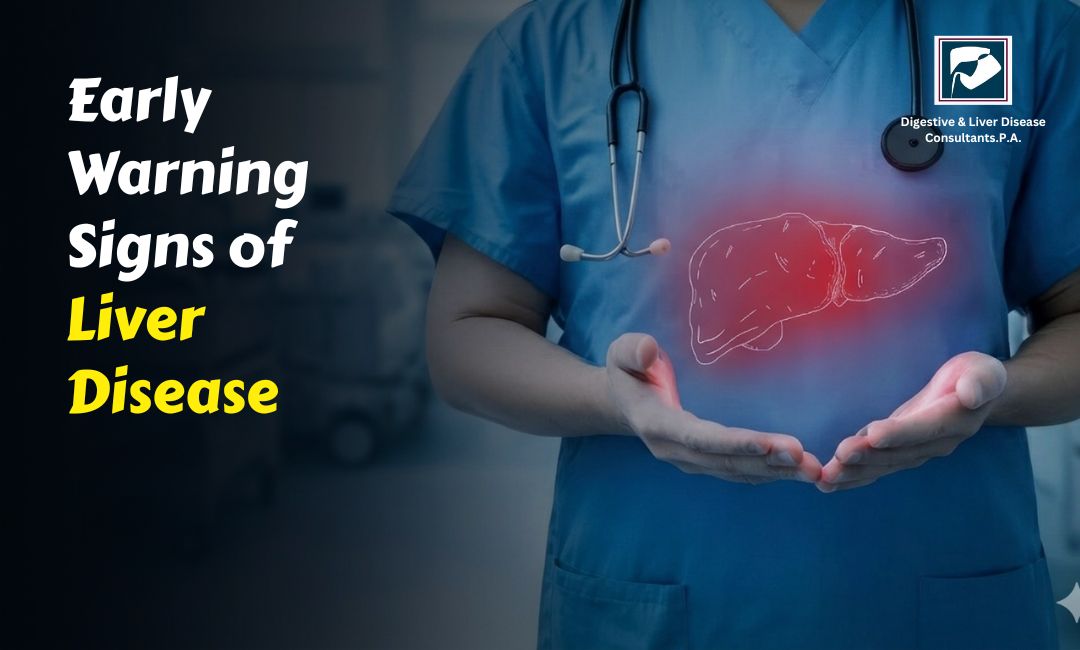A healthy lifestyle is key to maintaining good digestive and liver health. Regular exercise is one of the most effective ways to keep your liver and digestive system functioning properly. Physical activity improves digestion, supports liver function, and helps prevent various gastrointestinal and liver-related conditions.
In this blog, we will explore how exercise benefits digestive and liver health and suggest simple ways to incorporate movement into your daily routine.
The Connection Between Exercise, Liver, and Digestive Health
Your liver and digestive system work together to process food, absorb nutrients, and remove toxins from the body. Exercise plays a vital role in keeping these organs healthy by:
- Enhancing blood flow to the digestive organs
- Reducing inflammation in the liver
- Preventing conditions like fatty liver disease, acid reflux, and constipation
- Supporting gut bacteria balance
- Promoting a healthy metabolism
Now, let’s dive deeper into the specific benefits of exercise for your liver and digestive system.
How Exercise Supports Liver Health
Your liver is one of the most hardworking organs in the body. It filters toxins, processes nutrients, and helps regulate metabolism. Without a healthy liver, your body struggles to function properly.
1. Prevents Fatty Liver Disease
Non-alcoholic fatty liver disease (NAFLD) is a common condition caused by fat buildup in the liver. If left untreated, it can lead to liver damage and even cirrhosis. Regular exercise, especially aerobic activities like walking, running, and cycling, helps reduce liver fat and lowers the risk of NAFLD.
2. Reduces Liver Inflammation
Chronic inflammation in the liver can lead to serious conditions such as hepatitis and fibrosis. Exercise has been shown to reduce inflammation by improving insulin sensitivity and reducing oxidative stress.
3. Supports Detoxification
The liver is responsible for detoxifying harmful substances from the body. Exercise enhances circulation, allowing the liver to process and eliminate toxins more efficiently. Sweating during exercise also helps remove toxins from the skin.
4. Helps Maintain a Healthy Weight
Obesity is a major risk factor for liver diseases, including fatty liver and cirrhosis. Regular physical activity helps with weight management, reducing stress on the liver and improving its overall function.
How Exercise Improves Digestive Health
Exercise has a direct impact on how well your digestive system functions. A sedentary lifestyle can lead to digestive problems like bloating, constipation, acid reflux, and irritable bowel syndrome (IBS). Here’s how exercise benefits your gut:
1. Promotes Regular Bowel Movements
Physical activity helps stimulate intestinal contractions, making it easier for food and waste to move through the digestive tract. This can prevent constipation and bloating.
2. Reduces the Risk of Acid Reflux
People who are overweight or inactive are more likely to experience acid reflux and heartburn. Exercise, particularly low-impact activities like yoga and walking, can help maintain a healthy weight and reduce pressure on the stomach, lowering the chances of acid reflux.
3. Balances Gut Bacteria
A healthy gut microbiome is essential for digestion and immune function. Exercise helps diversify gut bacteria, promoting good digestion and reducing inflammation in the gut.
4. Relieves Stress and Improves Digestion
Stress can negatively affect digestion, leading to conditions like IBS, bloating, and stomach cramps. Physical activity releases endorphins, which help reduce stress levels and improve digestion.
Best Exercises for Liver and Digestive Health
You don’t have to engage in intense workouts to keep your liver and digestive system healthy. Moderate exercise done consistently can make a significant difference. Here are some great options:
1. Walking
A simple 30-minute walk every day can improve digestion, boost circulation, and aid in weight management.
2. Yoga
Certain yoga poses, such as twists and forward bends, can stimulate digestion and improve liver function. Yoga also reduces stress, which benefits overall gut health.
3. Strength Training
Lifting weights or doing bodyweight exercises helps build muscle and improve metabolism, reducing fat accumulation in the liver.
4. Cycling
Cycling is a great low-impact workout that helps with digestion, improves circulation, and supports liver detoxification.
5. Swimming
Swimming provides a full-body workout that enhances circulation, reduces inflammation, and helps with weight management.
Making Exercise a Part of Your Routine
If you’re not used to regular exercise, start slow and gradually increase intensity. Here are some tips to help you stay active:
Set Realistic Goals: Aim for at least 150 minutes of moderate exercise per week.
Find an Activity You Enjoy: Whether it’s dancing, jogging, or yoga, choose something that keeps you motivated.
Stay Consistent: Even short bursts of activity, like taking the stairs or stretching during breaks, can add up.
Stay Hydrated: Drink plenty of water before and after exercise to support digestion and liver function.
Listen to Your Body: If you experience pain or discomfort, adjust your workout routine accordingly.
Digestive & Liver Disease Consultants, P.A. – Your Partner in Digestive Health
At Digestive & Liver Disease Consultants, P.A., we are committed to providing expert care for all your digestive and liver health needs. Our team of experienced specialists offers comprehensive evaluations, personalized treatment plans, and the latest medical advancements to help you maintain a healthy gut and liver.
Whether you need guidance on managing a digestive disorder, preventing liver disease, or improving your overall health, we are here to support you every step of the way.
When to See a Doctor
While exercise is an excellent way to support your liver and digestive health, it’s important to seek medical attention if you experience:
- Persistent bloating, constipation, or diarrhea
- Unexplained weight loss or gain
- Chronic acid reflux or heartburn
- Jaundice (yellowing of the skin or eyes)
- Abdominal pain or discomfort
- Unusual changes in bowel habits
If you are dealing with any of these symptoms, don’t ignore them. Early diagnosis and treatment can prevent serious complications.
Conclusion
Exercise is one of the most effective ways to maintain a healthy liver and digestive system. By staying active, you can improve digestion, reduce the risk of liver disease, and enhance your overall well-being. Whether it’s a daily walk, yoga, or strength training, making movement a regular part of your life will have lasting benefits.
If you’re experiencing digestive or liver-related issues, Digestive & Liver Disease Consultants, P.A. is here to help. Schedule an appointment today and take the first step toward better digestive health.











